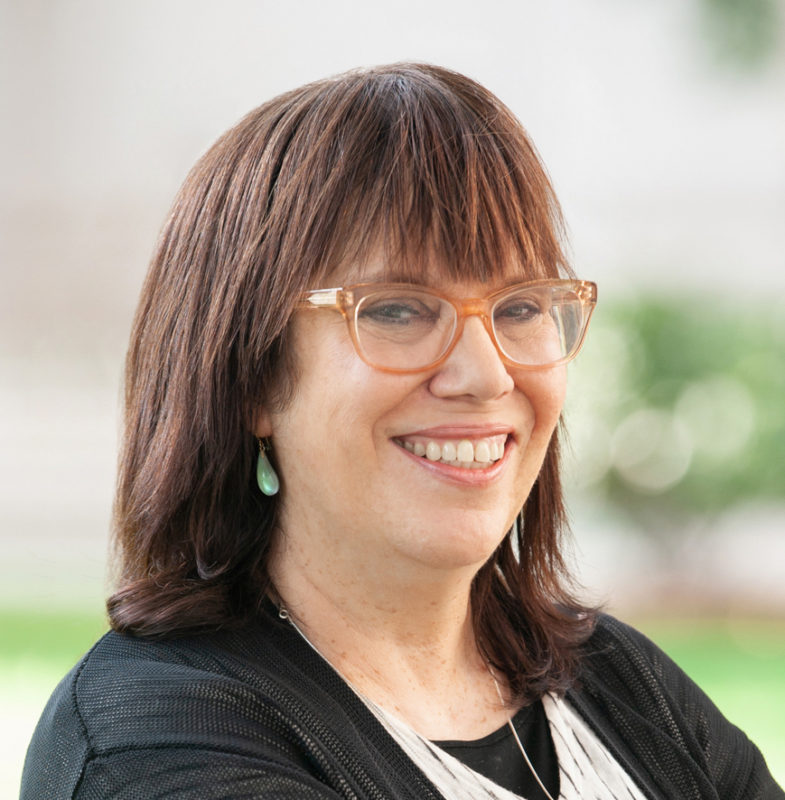
Deborah Blum
Deborah Blum, director of the Knight Science Journalism program at MIT and the publisher of Undark magazine, is a Pulitzer-Prize winning science journalist, columnist and author of six books, most recently, The Poison Squad, a 2018 New York Times Notable Book.
That book, as with all her most recent books, focuses on influential moments in the history of science. Others include the New York Times bestseller, The Poisoner’s Handbook (2010), to Ghost Hunters (2006) and Love at Goon Park (2002). A co-editor of two editions of A Field Guide for Science Writers, she is now under contract with Oxford University Press as a co-editor of a forthcoming guide to science journalism. She has worked as a science columnist for The New York Times, a blogger for Wired, and has written for other publications ranging from The Wall Street Journal to Mother Jones, The Guardian to Lapham’s Quarterly. Her work has been anthologized in Best American Science Writing, Best American Nature Writing, and Best Science On-Line.
Before joining MIT in the summer of 2015, she was the Helen Firstbrook Franklin Professor of Journalism at the University of Wisconsin-Madison, a position she held for 18 years. Previously, she worked at five different newspapers, including as a staff science writer for The Sacramento Bee, where she won the Pulitzer in 1992 for her reporting on ethical issues in primate research. She received her ABJ from the University of Georgia in 1976 and her MA from the University of Wisconsin-Madison’s School of Journalism in Mass Communication in 1982.
Blum is a past president of the National Association of Science Writers and a former board member of the World Federation of Science Journalists. She serves on the advisory boards of the Council for the Advancement of Science Writing, Chemical and Engineering News, Spectrum, The Scientist and the MIT Museum. She is a fellow of the American Association for the Advancement of Science and a lifetime associate of the National Academy of Sciences, both in recognition of her work in public understanding of science.